DEI Deeply Interwoven in NJ K-12 Schools
DEI has infiltrated our schools for years through NJ Department of Education and trickled down to our school boards by the NJSBA. You have probably seen DEI lessons and activities in your school for the past few years. Since DEI lessons have been the focus of our state, New Jersey test scores have been dropping. Our children’s education has shifted to activism, prioritizing identity politics over academic excellence. Instead of teaching math, science, and reading, schools push equity-based grading that lowers standards to achieve “fair” outcomes, leaving students unprepared for real-world competition. Discipline policies are weakened in the name of reducing racial disparities, creating chaotic and unsafe learning environments. Free speech is stifled, with teachers and students pressured to conform to ideological narratives on race and gender, rather than encouraging open debate. Meanwhile, parental rights are ignored, as schools push gender policies that keep parents in the dark. On top of all this, millions are wasted on DEI consultants and administrators instead of improving classroom resources.

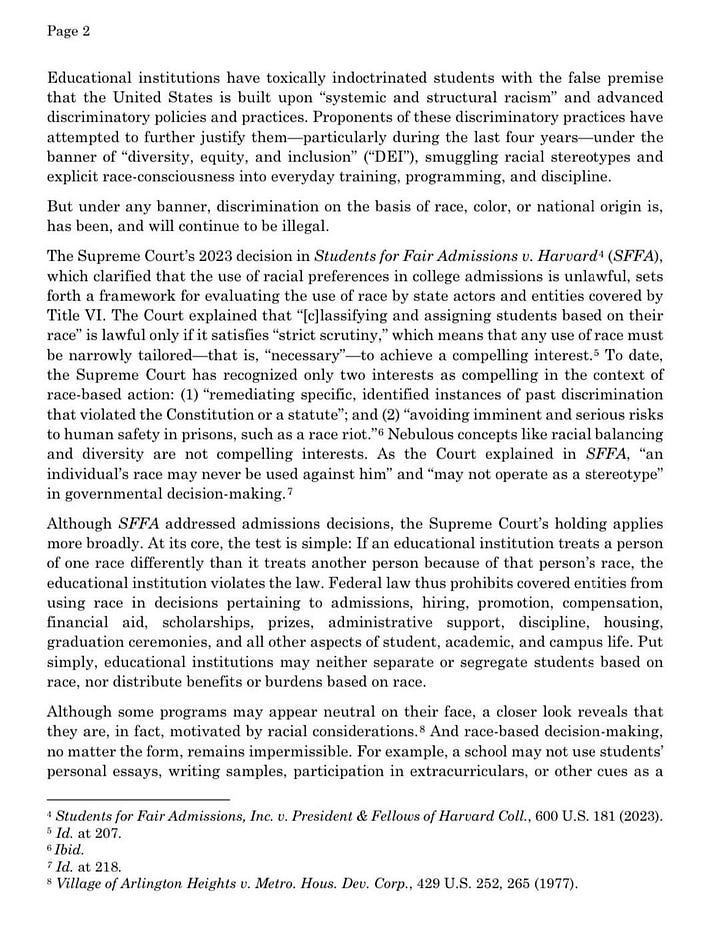
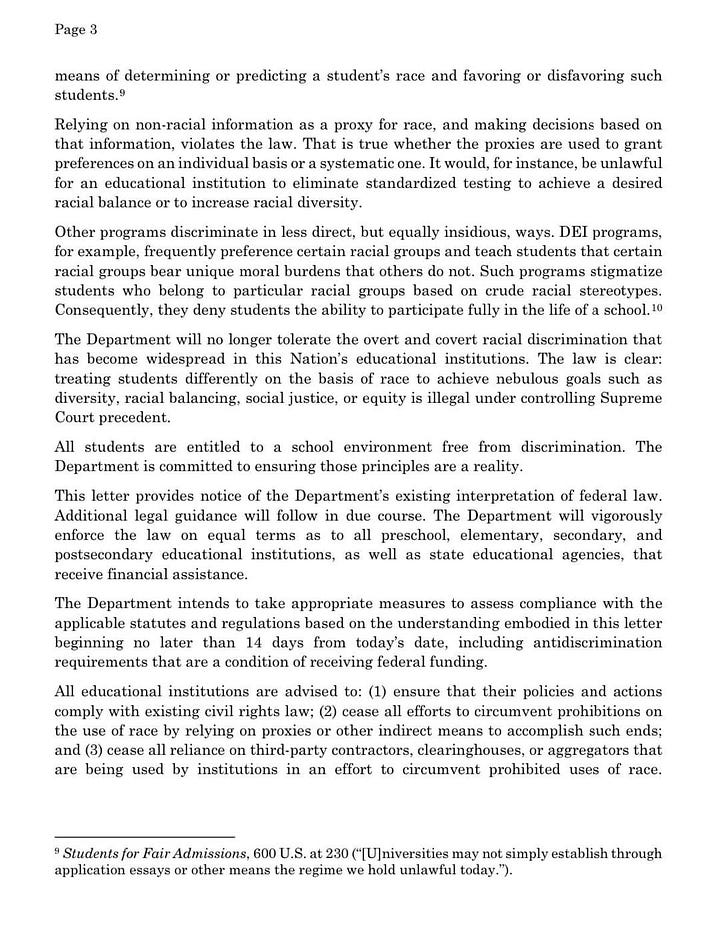
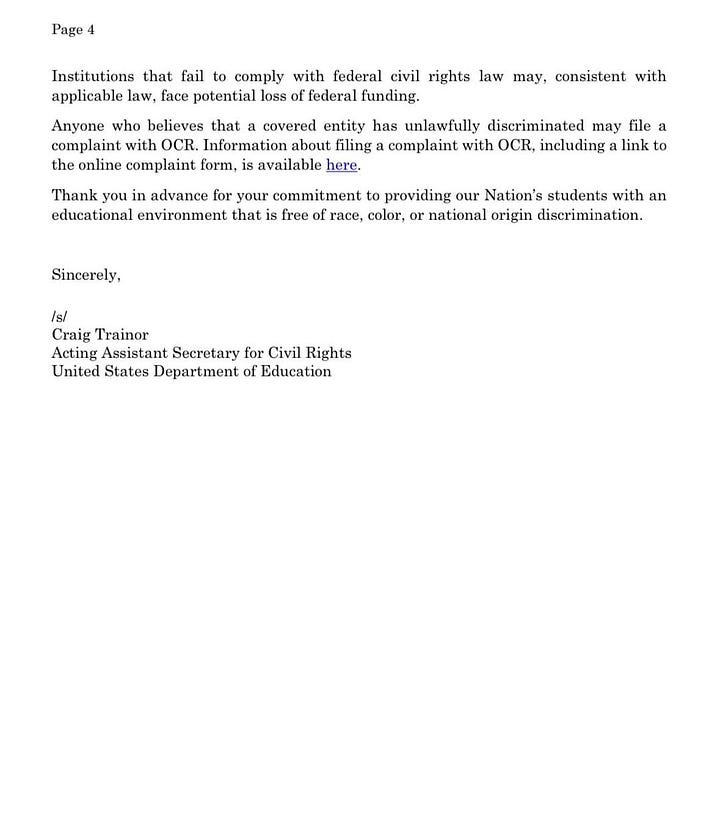
Forced Identity Politics Creates More Harm Than Unity
While DEI (Diversity Equity and Inclusion) programs claim to fight bias, they have been caught creating more division, increasing racial distrust, fueling prejudice, and encouraging heavy-handed policing creating a rise in left-wing authoritarian behavior. Emphasizing racial, gender, and ability differences among students can actually create division and breed resentment rather than promote unity and understanding.
Racial identity-focused curricula in education has been found to sometimes increase feelings of victimization or resentment, particularly when framed in ways that emphasize oppression rather than shared values and goals. Given this, there has never been a better time to eliminate classroom DEI lessons. Last Month the US Department of Education took action to eliminate DEI initiatives. It’s time New Jersey does the same.
DEI Creates Racism Where There Is None
A few months ago, Rutgers released a report that reviewed multiple studies showing the significant unintentional damage that DEI (Diversity, Equity, and Inclusion) programs create. Instead of fostering inclusivity, these initiatives fuel division, hostility, and authoritarian tendencies. The authors contend that DEI-driven education, particularly the kind that emphasizes "anti-racism" and "anti-oppression," does not actually reduce bias. Instead, it conditions people, especially students, to see discrimination where none exists, promoting a "hostile attribution bias" that assumes malice in neutral situations.
One featured study in the report examines the widespread use of materials from Ibram X. Kendi and Robin DiAngelo (two of the most influential DEI figures) and finds that exposure to their work makes students more likely to perceive racism in neutral scenarios. This includes seeing discrimination in college admissions where no racial information was provided.
The authors in the Rutgers report suggest that DEI programs function like a cycle—creating a sense of perpetual oppression, which then justifies more DEI interventions, all while avoiding scrutiny or independent review. This is similar to the current teaching trends in Radical Pedagogy, an ideology supported by the NJEA. The Idea of Radical Pedagogy is to continue the cycle of perpetual oppression/justice cycle to liberate the student through never-ending activism/protests. Both DEI and Radical Pedagogy are based on the “wheel of oppression” where “privilege” is measured on an ideological scale of radical progressive opinions.
DEI creates Authoritarianism
Another study in the Rutgers report finds a strong correlation between left-wing authoritarianism and support for extreme punitive measures against those perceived as "oppressors." In some cases, exposure to DEI materials made participants more likely to support firing people, mandating public apologies, and demanding more DEI training—creating a self-reinforcing cycle of ideological policing. This explains why the mandated legislation brought on by DEI initiatives is trickling down to students through K-12 school policy and into the classroom.
Rethink DEI in K-12 Education
The role of Diversity, Equity, and Inclusion (DEI) in K-12 education has become a hotly debated issue in New Jersey schools. With DEI concepts deeply interwoven into school curricula, staffing, and student support systems, tensions have been rising as communities grapple with how these initiatives should be implemented. Parents, educators, and policymakers should be calling for a reassessment of DEI’s place in the classroom, questioning whether its current application truly serves all students or if it is fueling division and controversy.
The Rutgers report shows that DEI is not just a “well-intentioned” effort gone awry but an ideological weapon that breeds resentment, encourages witch hunts, and undermines institutions. Rather than promoting harmony, DEI appears to be teaching paranoia and division while raking in billions for consultants and bureaucrats.
This study should be a wake-up call for policymakers and educators: Are these programs solving real problems, or are they manufacturing conflict for their own survival?
See the report here:







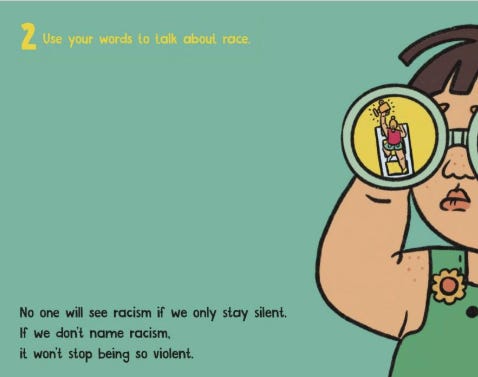
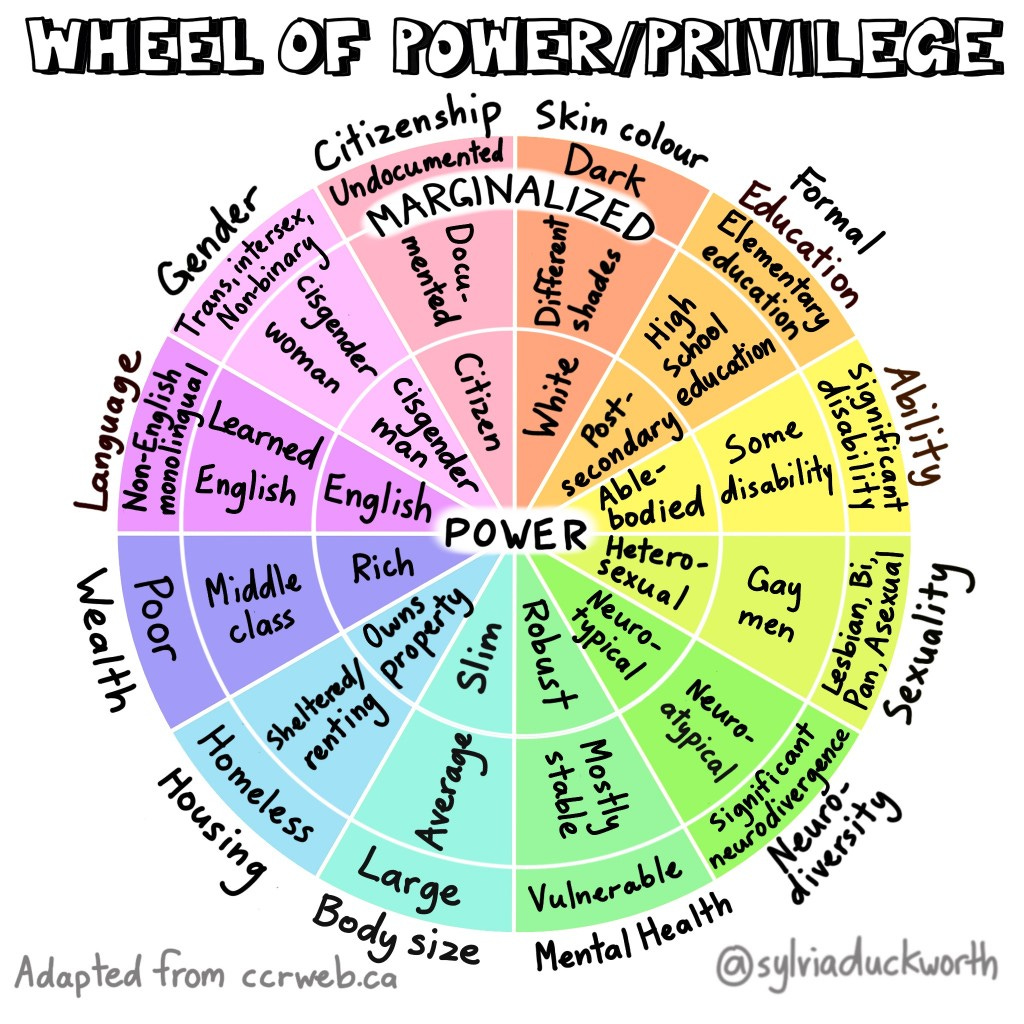
Just as Gore and Thunburg made millions off a manufactured crisis, so too have Kendi, DiAngelo, and the other DEI hoaxsters made a fortune selling their crapola to a gullible, dopey, and corrupt educational establishment hellbent on virtue signaling with taxpayer money.
Dividing us by way of racism is a specialty of the Democrat Party